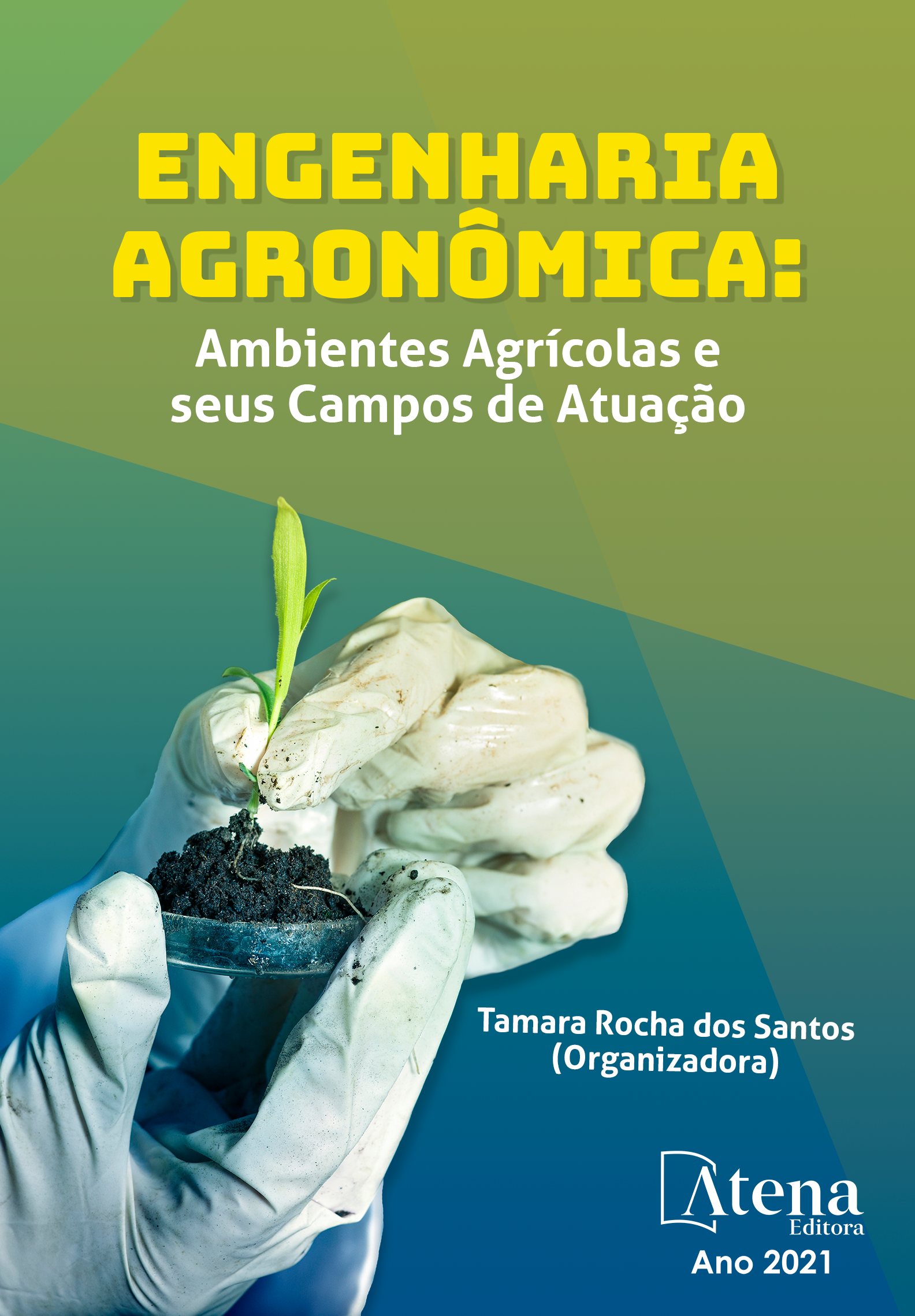
AVALIAÇÃO DE BACTÉRIAS FIXADORAS DE NITROGÊNIO EM SEMENTES E PLANTAS DE FEIJÃO CAUPI EM ARINOS - MG
O feijão-caupi, cultura tradicionalmente plantada no nordeste brasileiro, vem se expandindo para outras regiões do Brasil, principalmente para o Centro-Oeste, em razão da sua ampla adaptabilidade às condições tropicais e ao baixo custo de produção, e em decorrência do intenso trabalho de pesquisadores nos últimos 20 anos. Entretanto pesquisas sobre sanidade de suas sementes, bem como os efeitos de patógenos quando veiculados às mesmas tem sido pouco relatado. O presente trabalho teve como objetivo avaliar a inoculação de bactérias fixadoras de nitrogênio em sementes e plantas de feijão caupi, oriundas do município de Arinos- MG. Foram realizados, testes de qualidade fisiológica e sanitária nas sementes e a contagem do número de nódulos em plantas de feijão-caupi, nos seguintes tratamentos: testemunha (T1);inoculante em sementes (T2); fungicida –Maxin Advance (T3); Inoculante + fungicida Maxin Advance nas sementes (T4); inoculante no substrato (T5); Inoculante no substrato + fungicida na semente (T6). No teste de germinação os principais tratamentos que se destacaram foram: seis, três, quatro e cinco, apresentando diferença estatística, entre si. Já no teste de sanidade os fungos encontrados foram: Aspergillus spp, Penicilium sp, Rhizopus stolonifer e Trichoderma sp considerados patógenos de armazenamento onde estiveram presente em todos os tratamentos, com exceção dos tratamentos seis e três controlados com fungicidas. E fungo considerado de campo que se destacou, encontra-se o do gênero Fusarium sp. Em relação a nodulação, houve diferença estatística entre todos os tratamentos, com acentuado acréscimo na nodulação ao tratamento em que recebeu as estirpes bacterianas no substrato esterilizado.
AVALIAÇÃO DE BACTÉRIAS FIXADORAS DE NITROGÊNIO EM SEMENTES E PLANTAS DE FEIJÃO CAUPI EM ARINOS - MG
-
DOI: 10.22533/at.ed.4422106058
-
Palavras-chave: : Inoculantes, nodulação e feijão-caupi
-
Keywords: Inoculants, nodulation and cowpea.
-
Abstract:
Cowpea, traditionally planted in the Brazilian neighborhood, has expanded to other regions of Brazil, important for the Center-West, due to its great adaptability to tropical cities and the low cost of production, and as a result of the turning work of researcher in the last 20 years. However, the issues of pathogens when conveyed have been poorly reported. The present work had the objective of inoculating nitrogen-fixing bacteria in seeds and cowpea plants, from the municipality of Arinos-MG. Physiological and sanitary quality tests were performed on the seeds and a count of the number of nodules in cowpea plants, in the following treatments: control (T1); inoculant in seeds (T2); fungicide - marijuana advance (T3); Inoculant + Maxin Advance fungicide in seeds (T4); inoculant without substrate (T5); Inoculum without substrate + fungicide in seed (T6). In the germination test the main treatments that stood out were: six, three, four and five, the structure of the tension, among themselves. The fungi have been found in the serum: Aspergillus spp, Penicillium sp, Rhizopus stolonifer and Trichoderma sp, the data pathogens that present all treatments, except for the six fungicide-controlled fungi. And advanced field fungus that stands out, is the one of the gene Fusarium sp. Regarding nodulation, a difference between all treatments, with emphasis on necrosis and treatment in which they are presented as bacterial strains in the sterilized substrate
-
Número de páginas: 14
- Itálo Rodrigues Mesquita
- Diorny da Silva Reis
- Francisco Valdevino Bezerra Neto
- Luana da Silva Botelho


